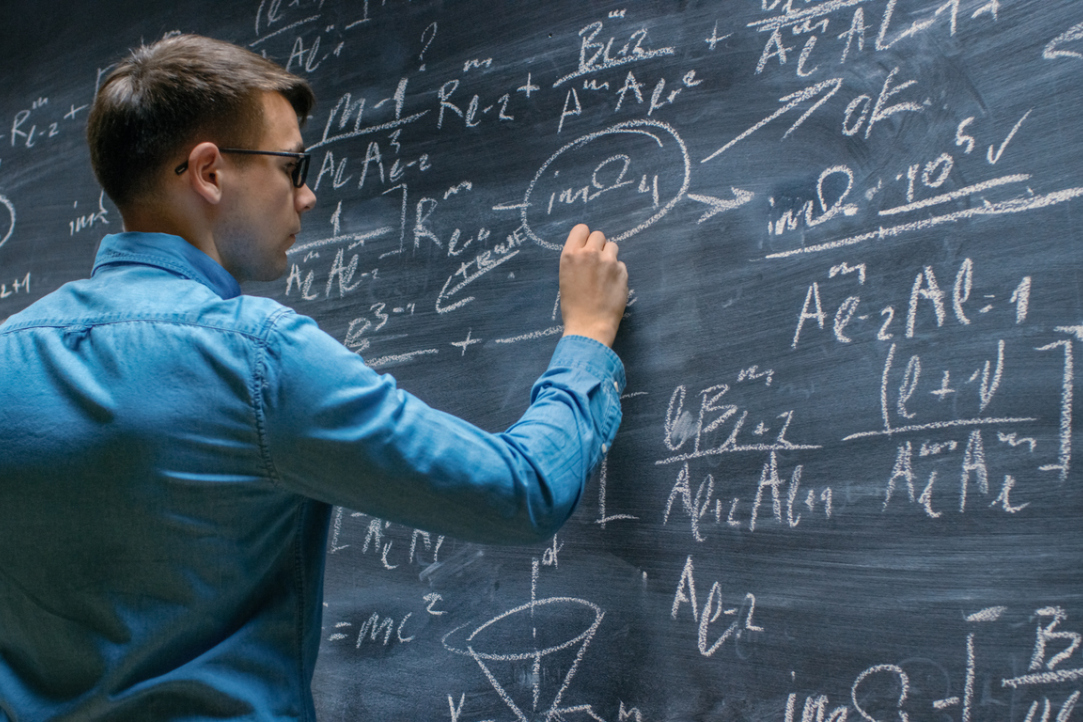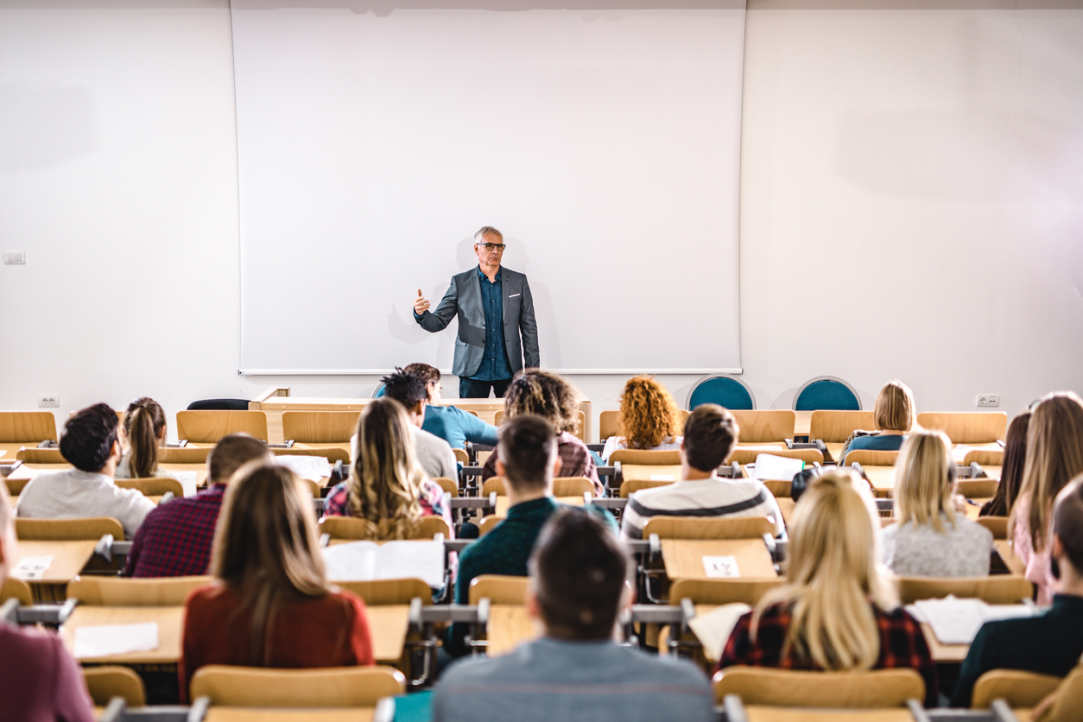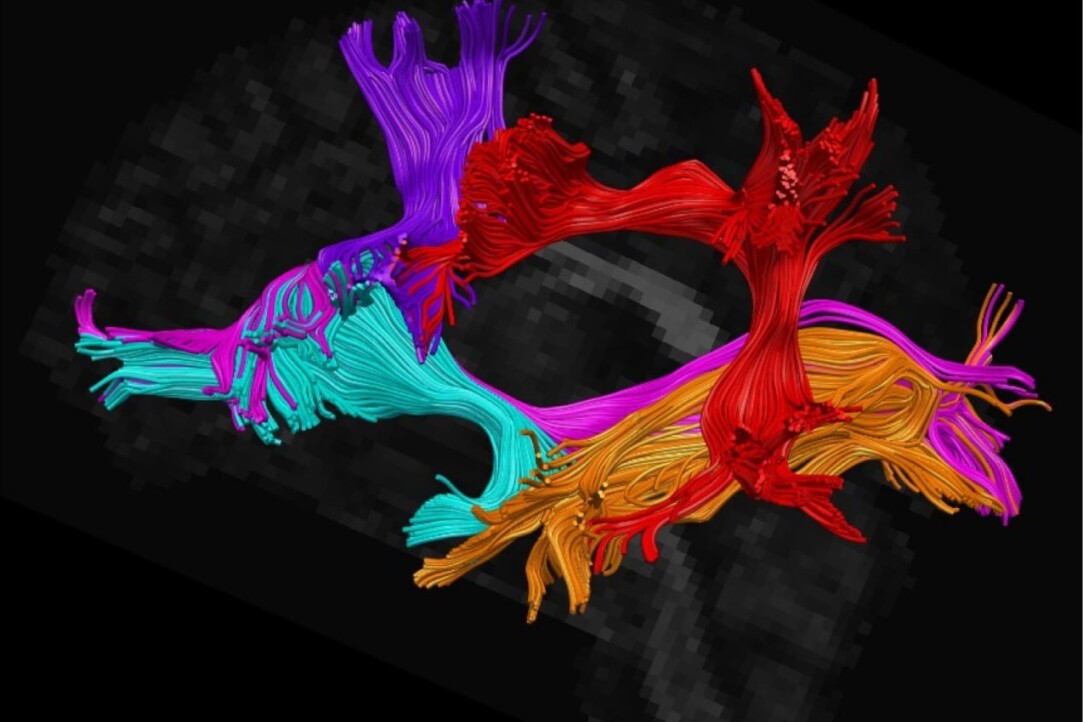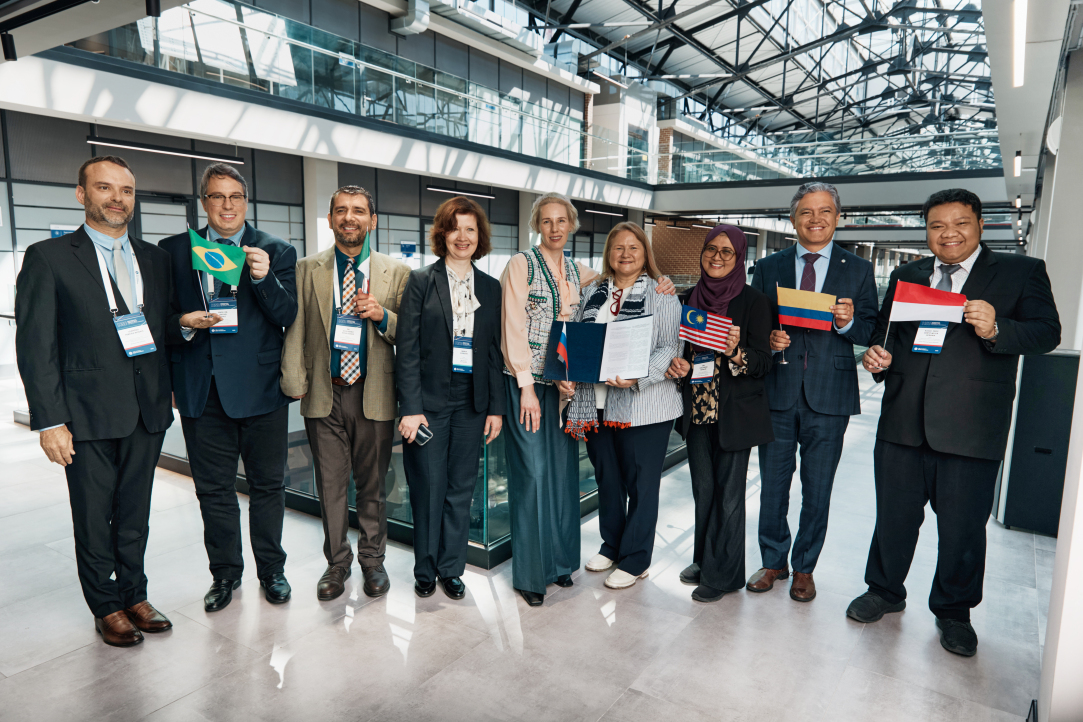
Scientists Develop AI Tool for Designing Novel Materials
An international team of scientists, including researchers from HSE University, has developed a new generative model called the Wyckoff Transformer (WyFormer) for creating symmetrical crystal structures. The neural network will make it possible to design materials with specified properties for use in semiconductors, solar panels, medical devices, and other high-tech applications. The scientists will present their work at ICML, a leading international conference on machine learning, on July 15 in Vancouver. A preprint of the paper is available on arxiv.org, with the code and data released under an open-source license.

Mathematicians from HSE University–Nizhny Novgorod Solve 57-Year-Old Problem
In 1968, American mathematician Paul Chernoff proposed a theorem that allows for the approximate calculation of operator semigroups, complex but useful mathematical constructions that describe how the states of multiparticle systems change over time. The method is based on a sequence of approximations—steps which make the result increasingly accurate. But until now it was unclear how quickly these steps lead to the result and what exactly influences this speed. This problem has been fully solved for the first time by mathematicians Oleg Galkin and Ivan Remizov from the Nizhny Novgorod campus of HSE University. Their work paves the way for more reliable calculations in various fields of science. The results were published in the Israel Journal of Mathematics (Q1).

Recruitment Campaign 2025: How HSE Attracts Top International Talent
For nearly two decades, HSE University’s international recruitment programmes have brought highly qualified professionals from the global academic job market to Russia—from recent PhD graduates of leading universities to experienced international scholars. On September 1, 2025, the university expects 50 new international faculty and researchers to join its academic team.
HSE University Unrivalled in Applied Higher Education Rankings
The Changellenge career platform has summarised the results of the largest case championships of the 2024/25 season, presenting an updated ranking of universities according to their level of practical orientation. HSE University was announced as the overall winner.

HSE Scientists Explain How to Identify Brain Areas Critical for Language Function During Surgery
The HSE Centre for Language and Brain conducted a course on tractography, a method that enables visualisation of key brain connections and helps surgeons avoid damaging language-critical areas during surgery. The course was attended by neurosurgeons and radiologists from Moscow and other Russian regions who are interested in methods of preoperative language mapping.

University Representatives from Six Countries Agree to Create International Research Network
Universities from Russia, Malaysia, Brazil, Mexico, Colombia and Indonesia are creating an international research network. The signing of the Manifesto of the Consortium of Satellite Laboratories for Social Entrepreneurship and Sustainability took place in the framework of the International Partners' Week at HSE University-St Petersburg.
Forbes University Ranking: HSE Has Top Reputation among Employers
On May 22, Forbes Education released its updated ranking of the 100 best universities in Russia for 2025. HSE University retained its second-place position, having established itself as the university with the highest employer reputation. Among the top 20 were 12 universities from Moscow, three from St Petersburg, two from Tatarstan, and one each from the Sverdlovsk, Novosibirsk, and Tomsk regions.

International Partners' Week Starts at HSE University–St Petersburg
HSE University–St Petersburg has launched International Partners' Week, which brings together more than 100 representatives of leading global universities. The grand opening ceremony took place on May 20 in the new HSE building on Vasilievsky Island.

HSE University Signs Cooperation Agreements with Leading Chinese Universities
On May 8, 2025, in Moscow, in the presence of Russian President Vladimir Putin and Chinese President Xi Jinping, strategic agreements were signed between the HSE University and two of China's top institutions, Peking University and Tsinghua University. The event was attended by Nikita Anisimov, Rector of HSE University, Qiu Yong, Secretary of the CPC Tsinghua University Committee, and Gong Qihuang, President of Peking University. The signing unfolded during the official visit of the Chinese delegation to Russia, coinciding with the commemoration of the 80th Anniversary of Victory Day.

Researchers Uncover Specific Aspects of Story Comprehension in Young Children
For the first time, psycholinguists from the HSE Centre for Language and Brain, in collaboration with colleagues from the USA and Germany, recorded eye movements during a test to assess narrative skills in young children and adults. The researchers found that story comprehension depends on plot structure, and that children aged five to six tend to struggle with questions about protagonists' internal states. The study findings have been published in the Journal of Experimental Child Psychology.
